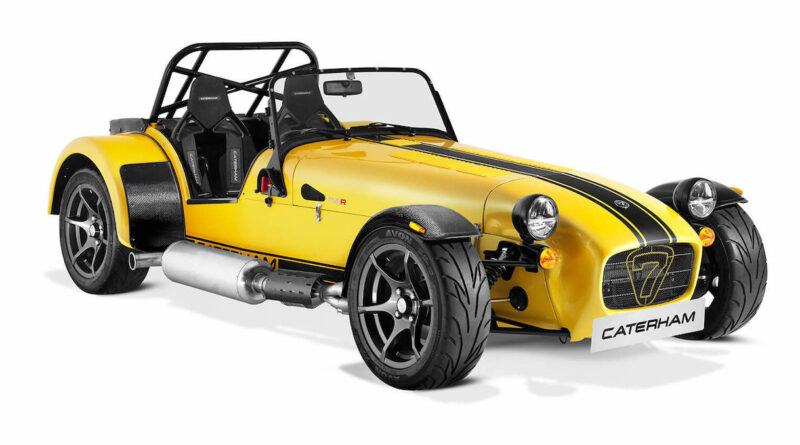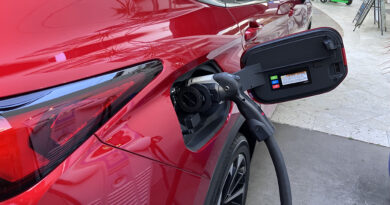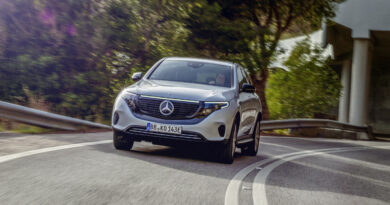Caterham EV coming: Legendary British sports car to plug-in
The legendary Caterham Seven bare-bones British sports cars is set to go electric.
The Seven, which is based on the Lotus Seven that first appeared in 1957, could be shown off in battery electric form as soon as 2023, when Caterham will celebrate its 50th anniversary.
But production start-up could be as far as five years away.
Caterham is boldly predicting acceleration for the electric Seven will be roughly on par with the highest performing petrol model, the 620R, which can reach 60mph (96km/h) in just 2.8 seconds.
Many details remain undisclosed about the Seven BEV including battery and eMotor supplier, but there’s no doubt Caterham needs to get cracking on this car because of the UK’s 2030 internal combustion engine ban.
However, the Seven will still be produced by Caterham as an ICE version for motorsport. An electric racer with rapid charging and interchangeable batteries is also on the cards.
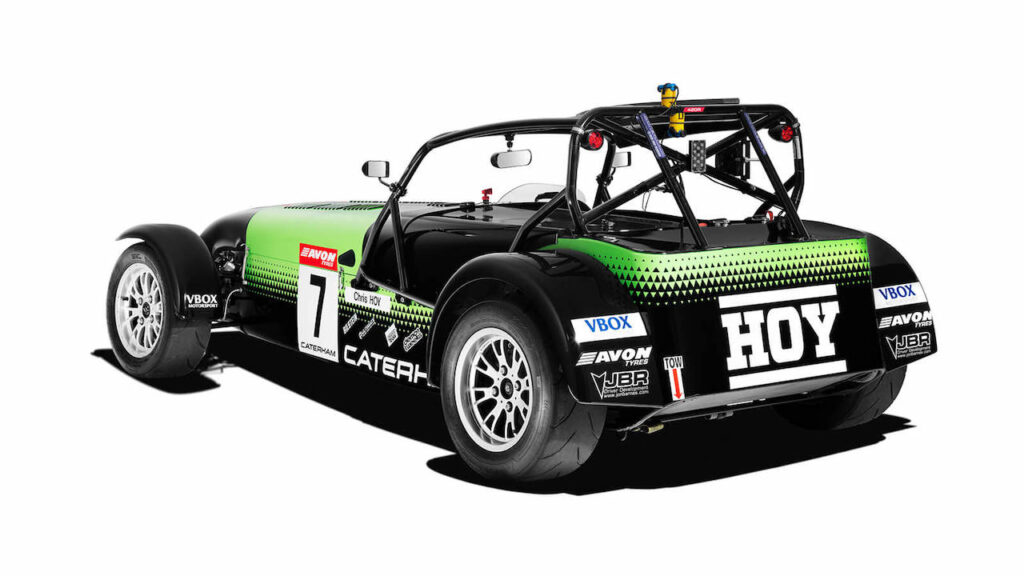
Caterham CEO Graham Macdonald has driven a prototype version of the Seven BEV and told British publication Autocar he enjoyed the experience.
“It’s very much like a go-kart: it’s two-pedal, you’ve got rapid acceleration and it’s a different product to drive. No less exciting, but exciting in a different way,” he said.
A key challenge will be keeping the electric version of the Seven’s weight under control, as power to weight is key to the rear-wheel drive two-seater’s performance appeal.
It is highly likely to retain the traditional openwheeler look of the current Seven. However, the drastically different drivetrain would mean fundamental platform changes.
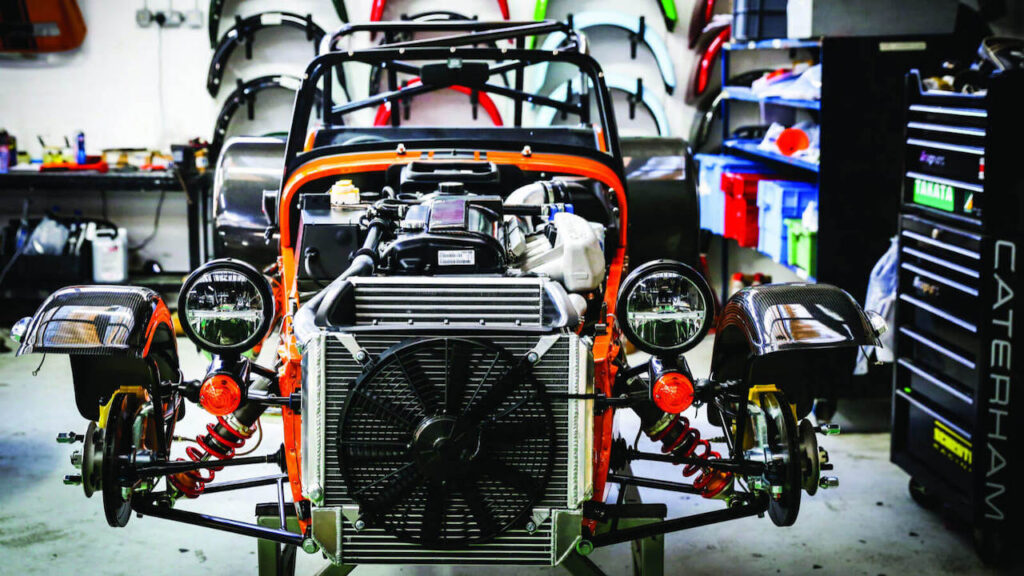
Caterham has recently been acquired by the Japanese retail group VT Holdings, which has helped ensure the tiny car company has the backing to go electric.
It has also established an agreement with fellow niche British sports car maker Morgan to co-operate on homologation and testing processes for new models to reduce costs for both brands.

